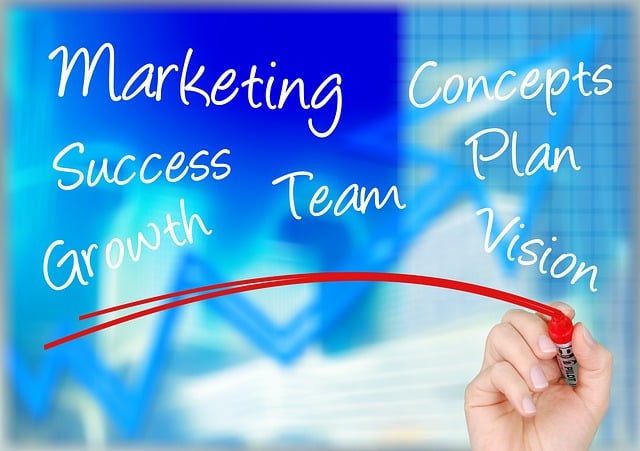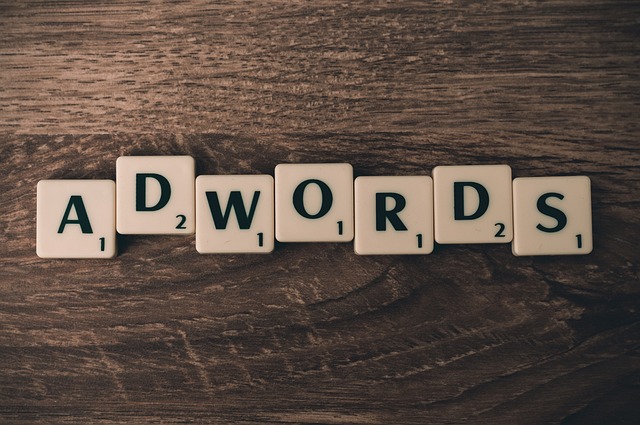Artificial Intelligence (AI) is transforming commercial real estate through AI accessibility audit tools, which enhance property management by analyzing large datasets to provide insights on occupancy rates, maintenance needs, and market trends. These tools automate tasks like inspections and maintenance scheduling, reduce downtime with predictive analytics, and improve tenant engagement via chatbots. Integrating AI into CRM platforms optimizes building operations, ensures accessibility for all occupants, and facilitates better decision-making through centralized data points. Implementing AI accessibility audit tools is a strategic move for CRE professionals aiming to enhance operations and cater to diverse user needs in smart buildings.
“In the evolving landscape of commercial real estate (CRE), Artificial Intelligence (AI) is revolutionizing property management. This article explores the synergistic relationship between AI and CRM integration, unlocking efficient building operations. We delve into the benefits of combining these technologies, enhancing tenant experiences, and optimizing asset performance. Furthermore, we provide a step-by-step guide to implementing AI accessibility audit tools, empowering CRE professionals to navigate the digital age with enhanced efficiency and accuracy, ensuring safe and inclusive commercial buildings.”
- Understanding AI's Role in Commercial Real Estate: Unlocking Efficient Property Management
- The Benefits of CRM Integration for Smart Building Operations
- Implementing AI Accessibility Audit Tools: A Step-by-Step Guide for CRE Professionals
Understanding AI's Role in Commercial Real Estate: Unlocking Efficient Property Management

Artificial Intelligence (AI) is transforming the landscape of commercial real estate, offering unprecedented opportunities for efficient property management. By leveraging AI accessibility audit tools for commercial buildings, developers and managers can optimize operations, enhance tenant experiences, and maximize returns. These advanced tools utilize machine learning algorithms to analyze vast datasets, providing insights into occupancy patterns, maintenance needs, and market trends.
With AI integration, routine tasks such as property inspections and maintenance scheduling become more streamlined. Smart sensors and predictive analytics enable proactive identification of potential issues, minimizing downtime and repair costs. Moreover, AI-powered chatbots enhance tenant engagement by providing quick responses to queries, fostering a sense of community and satisfaction within the building. This level of automation not only improves operational efficiency but also positions commercial real estate professionals for success in an increasingly tech-driven market.
The Benefits of CRM Integration for Smart Building Operations

The integration of AI into commercial real estate management systems through intelligent CRM platforms offers a myriad of advantages for optimizing building operations. By utilizing AI accessibility audit tools, property managers can efficiently assess and enhance the overall user experience within their properties. These tools enable automated data collection and analysis, identifying potential accessibility issues in real time. This proactive approach ensures that buildings meet the needs of all occupants, including those with disabilities, through the elimination of physical barriers and the implementation of inclusive design solutions.
Furthermore, CRM integration facilitates a holistic view of building management by centralizing key data points. Property managers gain access to valuable insights on tenant interactions, maintenance requests, and facility usage patterns. This unified platform allows for better decision-making regarding space optimization, resource allocation, and predictive maintenance planning. As a result, smart buildings can operate more efficiently, reduce operational costs, and create healthier, more productive environments.
Implementing AI Accessibility Audit Tools: A Step-by-Step Guide for CRE Professionals

Implementing AI accessibility audit tools is a strategic move for Commercial Real Estate (CRE) professionals aiming to enhance their operations and cater to diverse user needs. These tools leverage artificial intelligence to conduct thorough evaluations of commercial buildings, identifying potential accessibility issues that may impact tenants, visitors, or employees with disabilities.
Here’s a step-by-step guide to integrating AI accessibility audit tools:
1. Select a Suitable Tool: Choose an AI-driven platform specifically designed for accessibility audits in commercial spaces. Look for features like automated scanning, comprehensive reporting, and customizable feedback mechanisms.
2. Prepare Your Building Data: Gather all relevant building plans, floor layouts, and architectural specifications. Digital formats ensure efficient data import into the AI tool, facilitating faster analysis.
3. Conduct Initial Audit: Upload your building data and allow the AI to process it. The tool will scan for common accessibility barriers, including poor lighting, narrow doorways, or inadequate ramp access.
4. Analyze Results: Review the generated audit report, which typically includes visual representations and detailed descriptions of identified issues. Prioritize items based on severity and potential impact.
5. Address Findings: Develop an action plan to rectify accessibility concerns. Collaborate with architects, contractors, or facility managers to implement necessary modifications, ensuring compliance with local accessibility codes.
6. Regular Updates: Accessibility standards evolve, so schedule periodic audits to stay updated. AI tools can automate this process, making it easier to maintain a safe and inclusive environment.
The integration of AI and CRM systems in commercial real estate management offers a promising future for efficient, data-driven property operations. By leveraging AI’s capabilities through tools like accessibility audit platforms, CRE professionals can streamline processes, enhance tenant experiences, and make informed decisions. As the industry navigates the digital transformation, embracing these technologies will be key to staying competitive and optimizing smart building management. With AI accessibility audit tools for commercial buildings, the potential for a seamless, sustainable, and technologically advanced real estate landscape is within reach.
